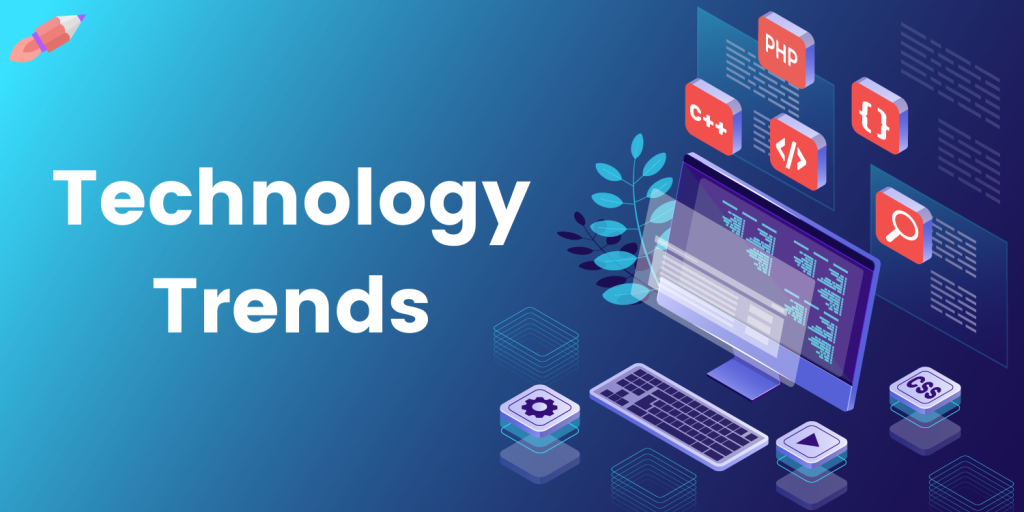The advent of 5G technology is set to revolutionize the way we interact with the world around us. With its lightning-fast speeds, incredibly low latency, and massive capacity for connectivity, 5G has the potential to impact nearly every aspect of our lives, from how we communicate to how we do business. In this article, we will explore how 5G is changing everything and shaping the future of technology.
One of the most significant ways in which 5G is changing everything is through its impact on communication. With speeds up to 100 times faster than 4G, 5G enables near-instantaneous communication, making video calls, online gaming, and streaming high-quality content smoother and more seamless than ever before. This has profound implications for how we connect with others, as 5G enables real-time communication without lag or buffering, creating a more immersive and interactive experience.
Beyond communication, 5G is also revolutionizing the way we access and consume information. With the increased bandwidth and capacity of 5G networks, the internet of things (IoT) is set to explode, with billions of connected devices coming online in the coming years. This means that everything from our homes to our cars to our workplaces will be smart and interconnected, leading to more efficient and intelligent systems that can anticipate our needs and improve our quality of life.
In addition to consumer applications, 5G is also transforming industries and businesses across the globe. The ultra-low latency of 5G networks makes real-time data processing and analysis possible, enabling industries such as healthcare, manufacturing, and logistics to operate more efficiently and effectively. For example, in healthcare, 5G enables remote surgeries and telemedicine services, allowing doctors to perform procedures on patients in different locations with greater precision and accuracy.
Moreover, 5G is also driving innovation in industries such as autonomous vehicles, augmented reality, and virtual reality. With the high speeds and low latency of 5G, autonomous vehicles can communicate with each other and with infrastructure in real time, leading to safer and more efficient transportation systems. Similarly, augmented reality and virtual reality applications can deliver immersive and realistic experiences, whether it’s for gaming, training, or entertainment.
The impact of 5G is not limited to technology and commerce; it also has the potential to reshape society and culture in profound ways. With the increased connectivity and access to information that 5G provides, people around the world can communicate and collaborate more easily, transcending geographical boundaries and cultural differences. This has the potential to foster greater understanding and empathy among individuals and communities, leading to a more interconnected and harmonious world.
However, the widespread adoption of 5G also raises concerns about privacy, security, and ethical considerations. With the vast amount of data generated by 5G networks, there is a need for robust cybersecurity measures to protect sensitive information and ensure the integrity of our digital infrastructure. Additionally, there are ethical questions about the use of artificial intelligence and machine learning algorithms in the context of 5G, as these technologies have the potential to influence and control human behavior in ways that may be harmful or unethical.
In conclusion, 5G is changing everything and shaping the future of technology in ways that are both exciting and challenging. From communication to commerce to culture, 5G is revolutionizing how we interact with the world around us, creating new opportunities and possibilities for innovation and progress. As we navigate the complexities and uncertainties of this digital revolution, it is crucial that we approach the development and deployment of 5G technology with caution and mindfulness, ensuring that it serves the greater good and benefits society as a whole.

